Blog
Jewellok is a professional pressure regulator and valve manufacturer and supplier.
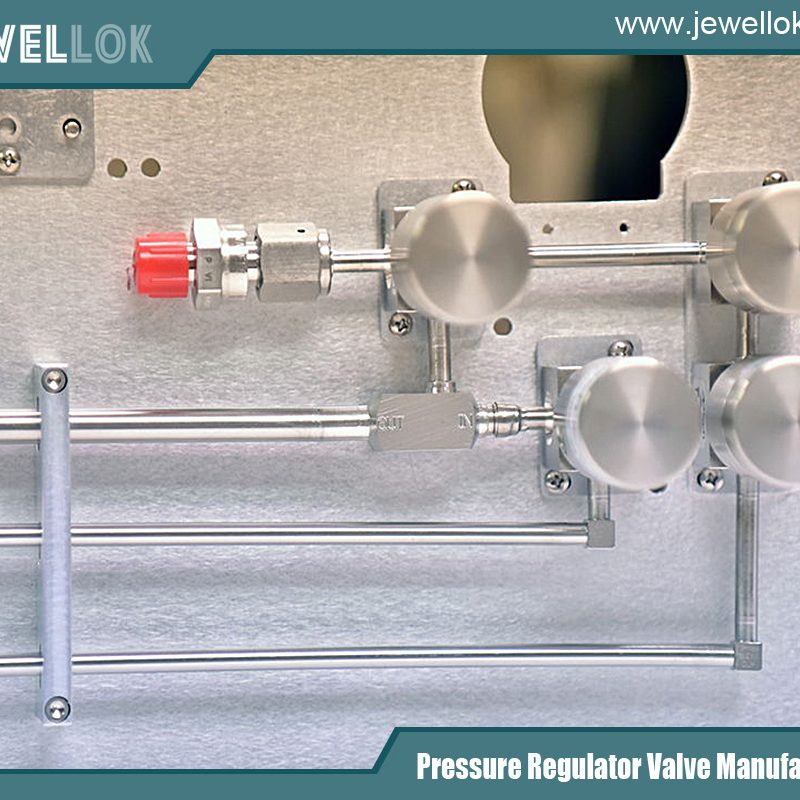
Pressure Reducing Valve Manufacturers
- Pressure Regulator Valve Manufacturer
- adjustable propane regulator, adjusting propane regulator, characteristics of pressure, chinese propane gas cylinder, Gas Pressure Reducing Valve, gas regulator, gas used in semiconductor manufacturing, high pressure flexible hose, High Purity L-Type Pressure Reducing Valve, High Purity Pressure Reducing Valve, high purity pressure reducing valves manufacturer, high-flow pressure reducing valves, high-flow pressure reducing valves campany, high-flow pressure reducing valves factory, Hydraulic Pressure Reducing Valves, large flow single gauge pressure reducing valve, large-flow pressure reducing valve, large-flow single-gauge pressure reducing valves, low pressure regulator, pressure gauge manufacturers, Pressure Reducing Valve, pressure reducing valve manufacturers, pressure reducing valve manufacturers in india, pressure relief valve vs safety relief valve, quick connect valve, relief vs safety valve, safety relief valve vs pressure relief valve, solenoid water valve, stainless pressure regulator
- No Comments
Pressure Reducing Valve Manufacturers
Pressure control is a cornerstone of modern industrial systems, ensuring safety, efficiency, and reliability across a wide range of applications. From municipal water networks to oil refineries and manufacturing plants, maintaining optimal pressure levels is essential to prevent equipment damage, reduce energy waste, and protect human lives. At the heart of this process lies the pressure reducing valve (PRV), a critical device designed to automatically lower the pressure of a fluid or gas to a predetermined level. These valves are indispensable in industries such as water supply, oil and gas, HVAC, and manufacturing, where they regulate everything from water flow to compressed air systems.
The demand for high-quality PRVs has given rise to a competitive market of manufacturers, each offering specialized products tailored to diverse needs. This article delves into the world of pressure reducing valve manufacturers, exploring the types of valves available, their operational principles, and the leading companies shaping the industry. We’ll also examine key factors to consider when selecting a manufacturer, real-world applications through case studies, and the latest trends driving innovation in this field. Whether you’re an engineer, a procurement specialist, or simply curious about industrial technology, this guide offers a comprehensive overview of PRV manufacturers and their vital role in modern systems.
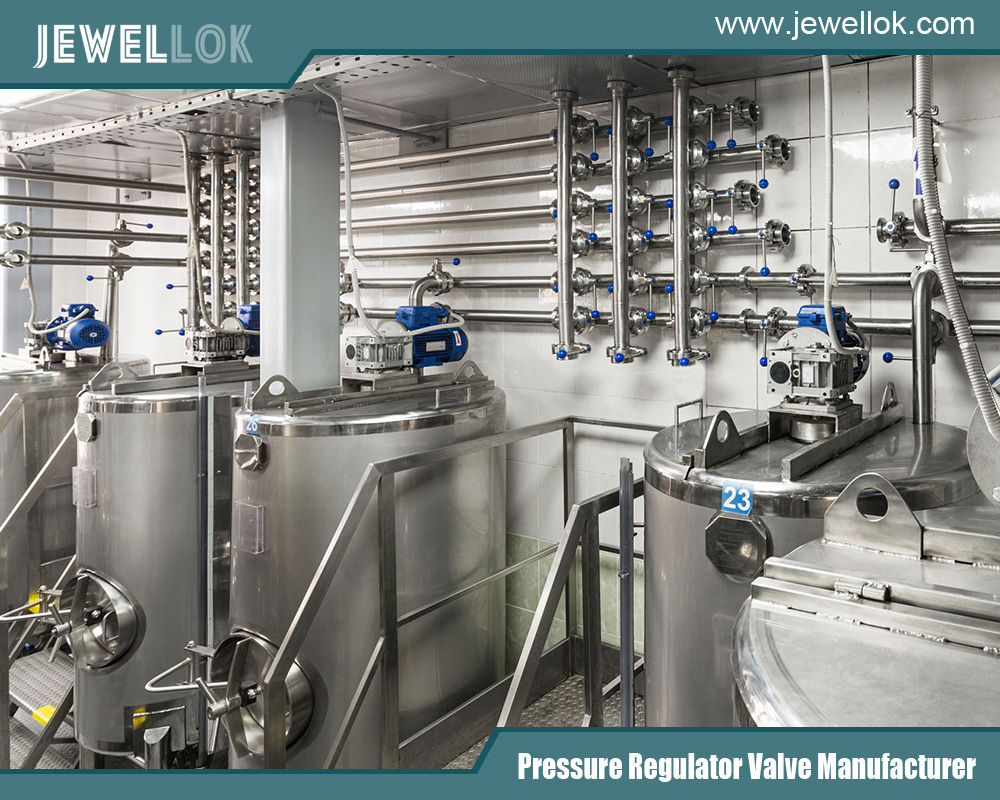
Types of Pressure Reducing Valves
Pressure reducing valves come in various designs, each suited to specific applications based on factors like pressure range, flow rate, and fluid type. Understanding these types is crucial when evaluating manufacturers and their product offerings.
Direct-Acting Valves
Direct-acting PRVs are the simplest and most common type. They rely on a spring-loaded diaphragm or piston to adjust the valve opening in response to downstream pressure changes. These valves are compact, cost-effective, and highly reliable, making them ideal for low to medium flow applications such as residential plumbing or small commercial systems. However, they may lack the precision required for high-pressure or large-scale operations.
Pilot-Operated Valves
For more demanding applications, pilot-operated PRVs offer greater accuracy and control. These valves use a smaller pilot valve to regulate the main valve, allowing them to handle higher pressures and larger flow rates with stability. They are widely used in industrial settings, such as oil and gas pipelines or municipal water distribution systems, where precise pressure management is critical.
Other Variations
Additional types include balanced and unbalanced valves, which differ in how they manage pressure forces, and specialized steam pressure reducing valves designed for high-temperature applications like power plants or food processing. Manufacturers often produce a range of these variants to cater to diverse industry needs, so exploring their catalogs can reveal the breadth of their expertise.
How Pressure Reducing Valves Work
To appreciate the engineering behind PRVs and the capabilities of their manufacturers, it’s helpful to understand their operational principles. At their core, pressure reducing valves maintain a constant downstream pressure regardless of fluctuations in upstream pressure or flow demand.
The basic mechanism involves a spring-loaded diaphragm or piston that interacts with a valve seat. When upstream pressure exceeds the desired level, the valve partially closes to restrict flow, reducing the pressure downstream. If downstream pressure drops, the valve opens wider to increase flow and restore balance. This self-regulating process is achieved without external power, relying on mechanical design and precision manufacturing.
Key components include:
- Valve Body: Houses the internal mechanism and connects to the piping system.
- Seat and Stem: Control the flow opening and ensure a tight seal.
- Diaphragm or Piston: Responds to pressure changes and adjusts the valve position.
- Spring: Sets the desired downstream pressure, adjustable in some models.
Materials like stainless steel, brass, or advanced composites are used to ensure durability and resistance to corrosion, especially in harsh environments like chemical plants or marine applications. Manufacturers distinguish themselves by refining these components for efficiency, longevity, and ease of maintenance.
Leading Pressure Reducing Valve Manufacturers
The PRV market is dominated by a handful of reputable manufacturers known for their quality, innovation, and industry-specific solutions. Below is an overview of some leading companies, each bringing unique strengths to the table.
- Emerson (Fisher Brand)
Emerson is a global leader in automation and control technologies, offering a wide range of PRVs under its Fisher brand. Known for precision and reliability, their valves serve industries like oil and gas, power generation, and chemical processing.
- Honeywell
Honeywell provides PRVs for HVAC, water management, and industrial applications. Their focus on integrating smart technology into valve systems makes them a standout in modern facility management.
- Spirax Sarco
Specializing in steam system solutions, Spirax Sarco manufactures PRVs tailored for high-temperature environments, such as food processing and pharmaceutical production.
- Armstrong International
Armstrong excels in energy-efficient fluid control, offering PRVs that optimize steam and hot water systems for sustainability-focused industries.
- Watts Water Technologies
A trusted name in plumbing and water management, Watts produces PRVs for residential, commercial, and municipal water systems, emphasizing ease of installation and durability.
- Cla-Val
Cla-Val is renowned for automatic control valves, including PRVs used in waterworks, aviation fueling, and fire protection systems, with a reputation for rugged reliability.
- Singer Valve
Singer Valve focuses on water management solutions, providing PRVs that enhance efficiency in distribution networks and treatment plants.
- OCV Control Valves
OCV specializes in valves for water, wastewater, and fire protection, offering customizable PRVs for niche applications.
- LESER
While primarily known for safety valves, LESER also produces high-quality PRVs for industrial pressure management.
- Apollo Valves
Apollo offers a broad portfolio of PRVs for industrial and commercial use, balancing affordability with performance.
These manufacturers vary in their product lines, market focus, and technological innovations, making it essential to align their offerings with your specific requirements.
Factors to Consider When Choosing a Manufacturer
Selecting the right PRV manufacturer involves more than comparing prices. Here are key considerations to ensure you partner with a company that meets your needs.
- Quality and Reliability: PRVs are critical for safety and system performance, so prioritize manufacturers with a proven track record of durable, high-performing products.
- Certifications: Look for compliance with standards like ISO 9001, ASME, or API, which indicate rigorous quality control and industry-specific expertise.
- Product Range: A manufacturer with diverse valve types and sizes can better address unique applications or future scalability.
- Customer Support: Access to technical assistance, installation guidance, and after-sales service can save time and costs during implementation.
- Pricing and Availability: Balance cost with quality, and check lead times to avoid project delays.
- Reputation: Research customer reviews, case studies, and industry standing to gauge trustworthiness.
A manufacturer excelling in these areas ensures not just a product, but a long-term solution tailored to your operational goals.
Real-World Applications and Case Studies
PRVs are deployed across industries, solving unique challenges. Here are some examples:
- Water Supply: A city in California installed Cla-Val PRVs to stabilize pressure in its aging water distribution network, reducing pipe bursts and cutting water loss by 15%.
- Oil and Gas: An offshore oil platform used Emerson’s Fisher PRVs to regulate natural gas pressure, improving safety and reducing energy use during processing.
- Manufacturing: A car assembly plant adopted Honeywell PRVs to control compressed air pressure, boosting equipment lifespan and cutting maintenance costs.
- HVAC: A hospital retrofitted its steam heating system with Spirax Sarco PRVs, enhancing patient comfort while lowering energy bills.
These cases highlight how PRVs, backed by top-tier manufacturers, deliver measurable benefits in efficiency, safety, and cost savings.
Recent Trends and Innovations
The PRV industry is evolving with technology and sustainability in mind. Key trends include:
- Smart Valves: IoT-enabled PRVs with sensors allow remote monitoring and predictive maintenance, reducing downtime.
- Advanced Materials: Lightweight, corrosion-resistant composites are replacing traditional metals, extending valve life in harsh conditions.
- Energy Efficiency: New designs minimize pressure loss, aligning with global efforts to reduce industrial energy consumption.
- Sustainability: Manufacturers are adopting eco-friendly production methods and recyclable materials to meet environmental regulations.
These innovations reflect how manufacturers are adapting to modern demands, offering smarter, greener solutions.
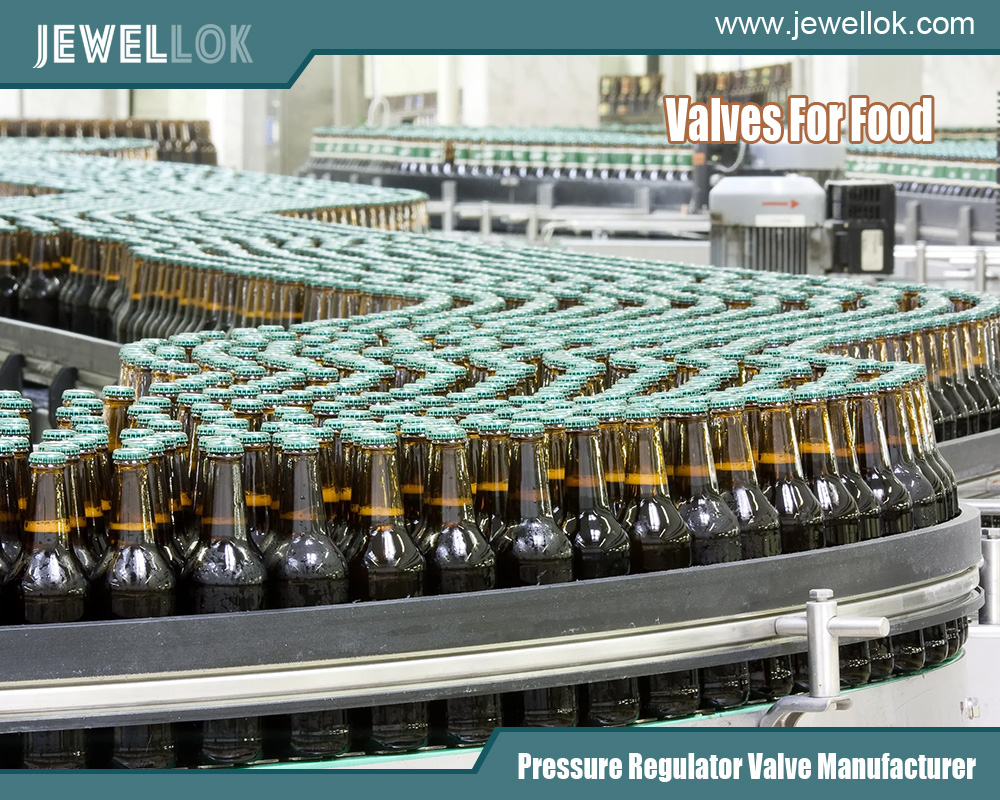
Conclusion
Pressure reducing valves are vital to countless industries, and their manufacturers play a pivotal role in delivering reliable, efficient solutions. From direct-acting to pilot-operated designs, these valves are engineered with precision to meet diverse needs. Companies like Emerson, Honeywell, and Spirax Sarco lead the market, each offering specialized expertise. When choosing a manufacturer, prioritize quality, certifications, and support to ensure long-term value. As smart technology and sustainable materials reshape the industry, PRVs continue to evolve, promising even greater performance. For anyone selecting a PRV, understanding your application and researching manufacturers is the key to success.
For more about the best pressure reducing valve manufacturers, you can pay a visit to Jewellok at https://www.jewellok.com/ for more info.
Recent Posts
Five Key Considerations When Choosing a TMA Gas Changeover Manifold
How to Prevent Contamination in High Purity Xenon Gas Systems
Regulators for High Purity Krypton in Laser and Lighting Applications
Tags
Recommended Products
-
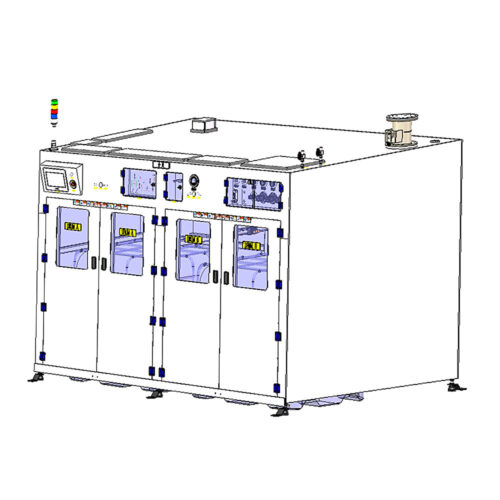
Scrubber Gas Cabinet Scrubber Tail Gas Treatment Cabinet Vent Gas Scrubber System Heat-Filter Burn Box Gas Scrubber/Abatement System
-
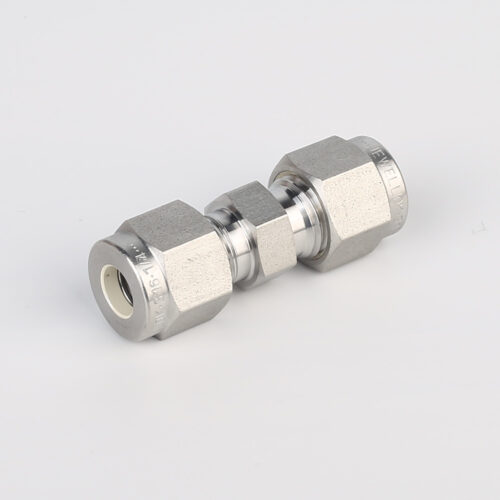
762L Stainless Steel High Purity Union High-Purity Gas System Fittings
-
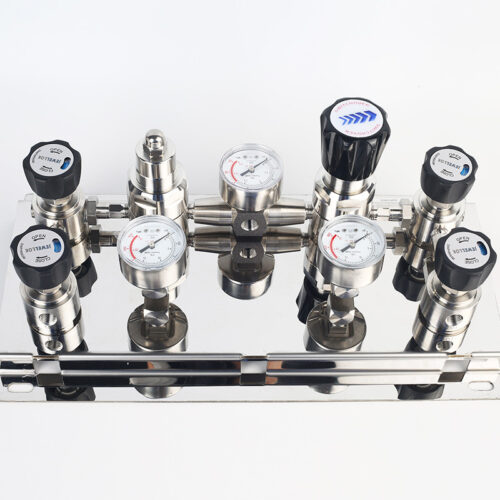
Semi Automatic Gas Changeover Manifold System Manual Changeover Manifold Panel Single Stage Automatic Switchover Board
-
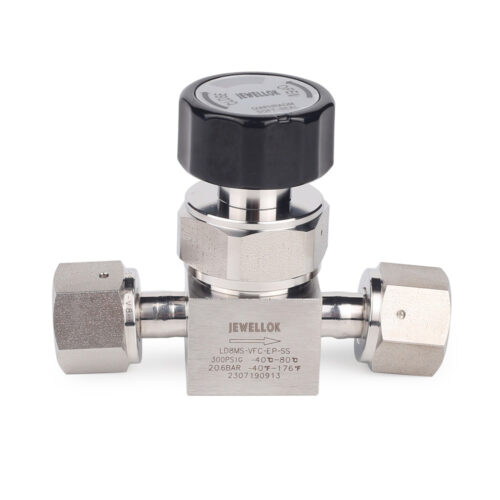
Flow Control Stainless Steel Low Pressure Manual Diaphragm Valve For High Purity And Ultra High Purity Gases
-
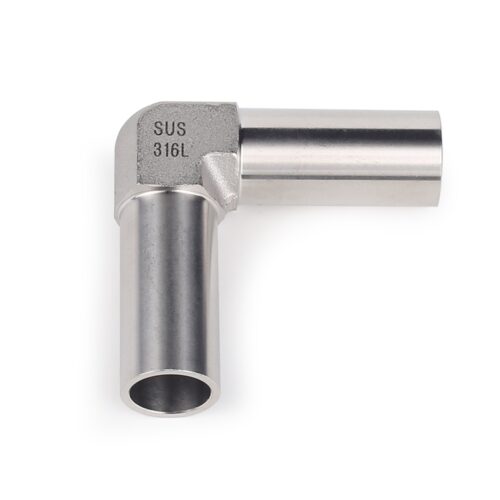
High Purity Stainless Steel Mini Tube Butt Weld Fittings For Semiconductor
-
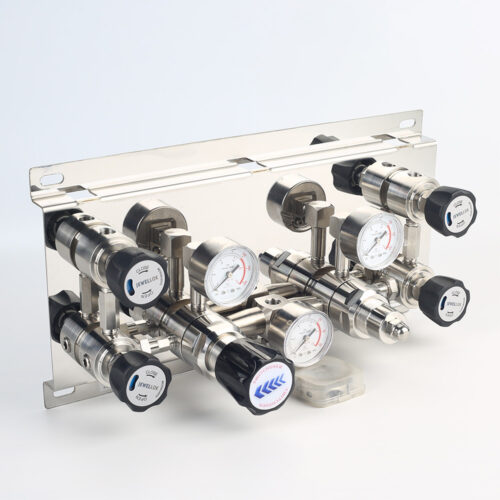
Pressure Control Panels For High Purity Gas Control System JSP-3AE Series From Pressure Control Panels Suppliers And Manufacturer
-
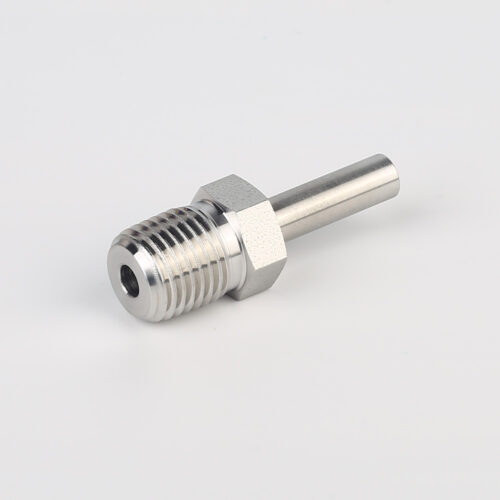
739 High Purity LMR Male Adapter Tube To Pipe Fittings And Adapters
-
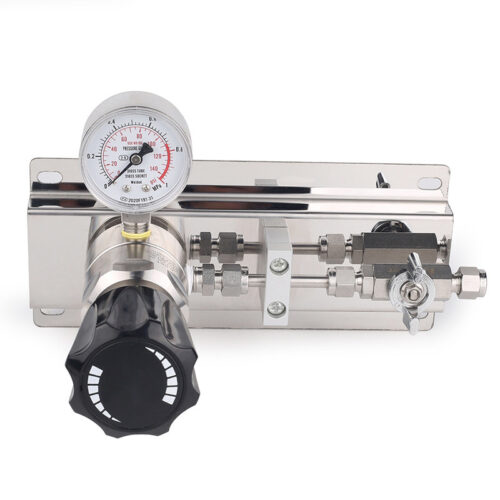
Medical Oxygen Single Stage Manual Gas Changeover Manifold Panel High-Purity Two-Stage Manual Gas Manifold Gas Pressure Control Panels